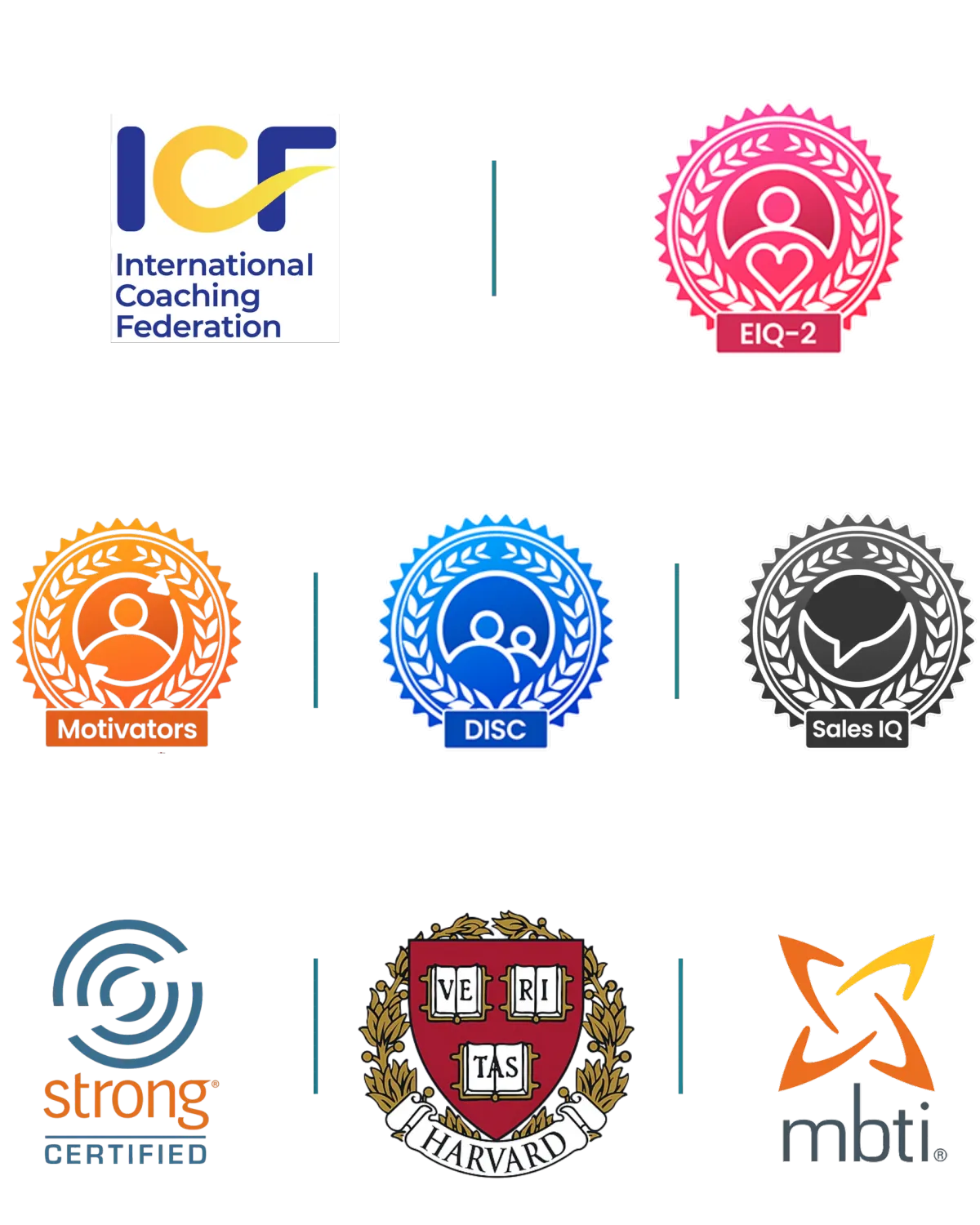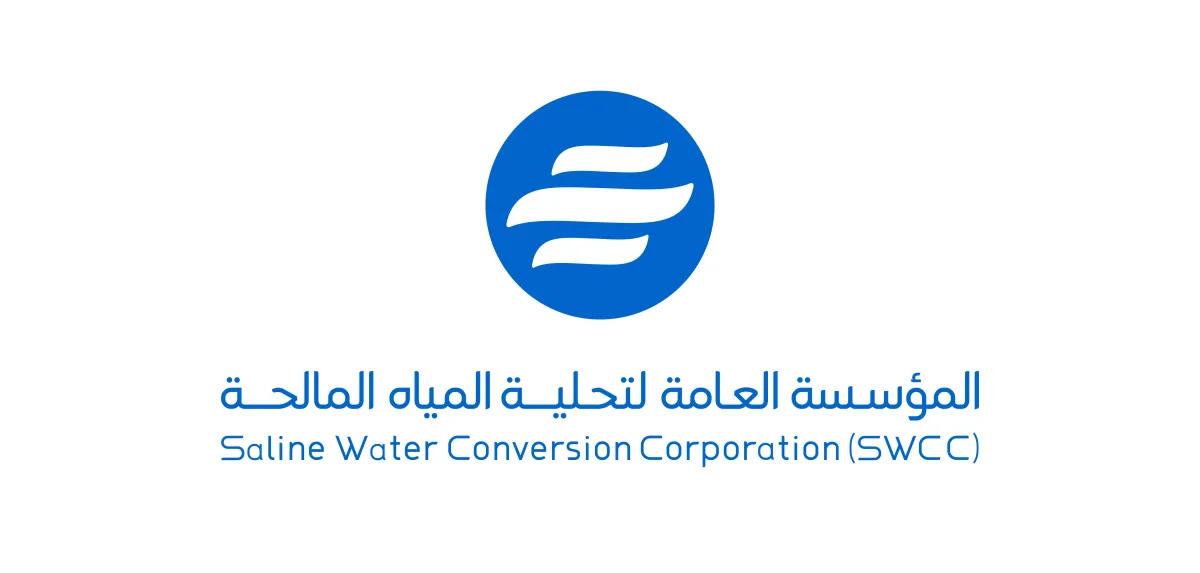We transform your hidden potential into real achievements and tangible success.
At Octarium, we believe that coaching changes lives. That’s why we provide internationally accredited training programs led by experts, and offer you a learning environment and a supportive community. We equip you with the skills, tools, and deep guidance you need to succeed and create a lasting impact.
Book your free consultation, and explore how we can help you move toward your goals with clarity and actionable steps.
In a rapidly changing world, we help you face leadership and organizational challenges in alignment with Saudi Vision 2030.
The Challenges We Help You Overcome
Enhancing Leadership Capabilities: Develop your ability to manage teams and resources more effectively, enabling you to thrive in today’s competitive market.
Building High-Performing Teams: Octarium supports you in creating motivated and committed teams capable of driving your organization’s goals.
Professional Development Programs: We provide coaching and training programs that foster your employees’ professional growth and prepare them to tackle future challenges and opportunities.
Leading with Agility: Octarium equips you to lead diverse teams with flexibility and efficiency, creating a collaborative and productive work environment.
Driving Change with Confidence: We empower you with the skills to lead change initiatives and ensure smooth adaptation to market shifts.
Strategic Stakeholder Management: Octarium guides you in managing internal policies wisely and building strong strategic relationships with stakeholders.

In a rapidly changing world, we help you face leadership and organizational challenges in alignment with Saudi Vision 2030.
The Challenges We Help You Overcome

Enhancing Leadership Capabilities: Develop your ability to manage teams and resources more effectively, enabling you to thrive in today’s competitive market.
Building High-Performing Teams: Octarium supports you in creating motivated and committed teams capable of driving your organization’s goals.
Professional Development Programs: We provide coaching and training programs that foster your employees’ professional growth and prepare them to tackle future challenges and opportunities.
Leading with Agility: Octarium equips you to lead diverse teams with flexibility and efficiency, creating a collaborative and productive work environment.
Driving Change with Confidence: We empower you with the skills to lead change initiatives and ensure smooth adaptation to market shifts.
Strategic Stakeholder Management: Octarium guides you in managing internal policies wisely and building strong strategic relationships with stakeholders.
Achievements in Numbers
True growth doesn’t come from information alone, but from human interaction, practical application, and deep guidance that makes a real difference in life.

Achievements in Numbers
True growth doesn’t come from information alone, but from human interaction, practical application, and deep guidance that makes a real difference in life.

The Solutions Octarium Offers You
At Octarium, we provide a comprehensive range of solutions designed to support individuals, leaders, and organizations in achieving measurable results.

Consulting
turning your strategies into actionable steps that deliver tangible results.

Tailored Solutions
We help you build sustainable foundations and a culture rooted in innovation and continuous improvement.

Coaching Programs
accredited programs that bring real transformation to your leadership and management skills.

Assessments & Measurements
We provide precise tools that identify your strengths and areas for growth.
Why is Octarium Your Best Choice?
Pioneering International Accreditation
The first Saudi center to be accredited by the International Coaching Federation (ICF) since 2015.Effective Development Tools
Octarium uses the latest techniques and methods to help you develop your capabilities and foster innovation in today’s work environment.Proven Results
Our success stories and case studies demonstrate our ability to significantly enhance organizational performance.Expertise and Strategic Partnerships
Our team of experts collaborates with leading global educational institutions to provide innovative, tailored solutions that address evolving market needs.Exceptional Quality and Client Experience
Octarium is committed to designing customized, practical solutions that fit you and your team. We deliver tangible impact across key areas—human capital, coaching, training, and workplace development—driving meaningful and sustainable change.

Why is Octarium Your Best Choice?

Pioneering International Accreditation
The first Saudi center to be accredited by the International Coaching Federation (ICF) since 2015.Effective Development Tools
Octarium uses the latest techniques and methods to help you develop your capabilities and foster innovation in today’s work environment.Proven Results
Our success stories and case studies demonstrate our ability to significantly enhance organizational performance.Expertise and Strategic Partnerships
Our team of experts collaborates with leading global educational institutions to provide innovative, tailored solutions that address evolving market needs.Exceptional Quality and Client Experience
Octarium is committed to designing customized, practical solutions that fit you and your team. We deliver tangible impact across key areas—human capital, coaching, training, and workplace development—driving meaningful and sustainable change.
We at Octarium
Our mission goes beyond the boundaries of education — it is centered on creating real change.
Since our founding, we envisioned a world where coaches are leaders of transformation. We are committed to building an environment where passionate individuals can learn, grow, inspire trust, and act with integrity.
Every program, every lesson, and every coach at Octarium represents a part of our greater vision: raising the standards of coaching and making them accessible to everyone.
Whether you are at the start of your journey or already in an advanced leadership role, Octarium will be your constant partner in the path of growth and success.


We at Octarium

Our mission goes beyond the boundaries of education — it is centered on creating real change.
Since our founding, we envisioned a world where coaches are leaders of transformation. We are committed to building an environment where passionate individuals can learn, grow, inspire trust, and act with integrity.
Every program, every lesson, and every coach at Octarium represents a part of our greater vision: raising the standards of coaching and making them accessible to everyone.
Whether you are at the start of your journey or already in an advanced leadership role, Octarium will be your constant partner in the path of growth and success.















